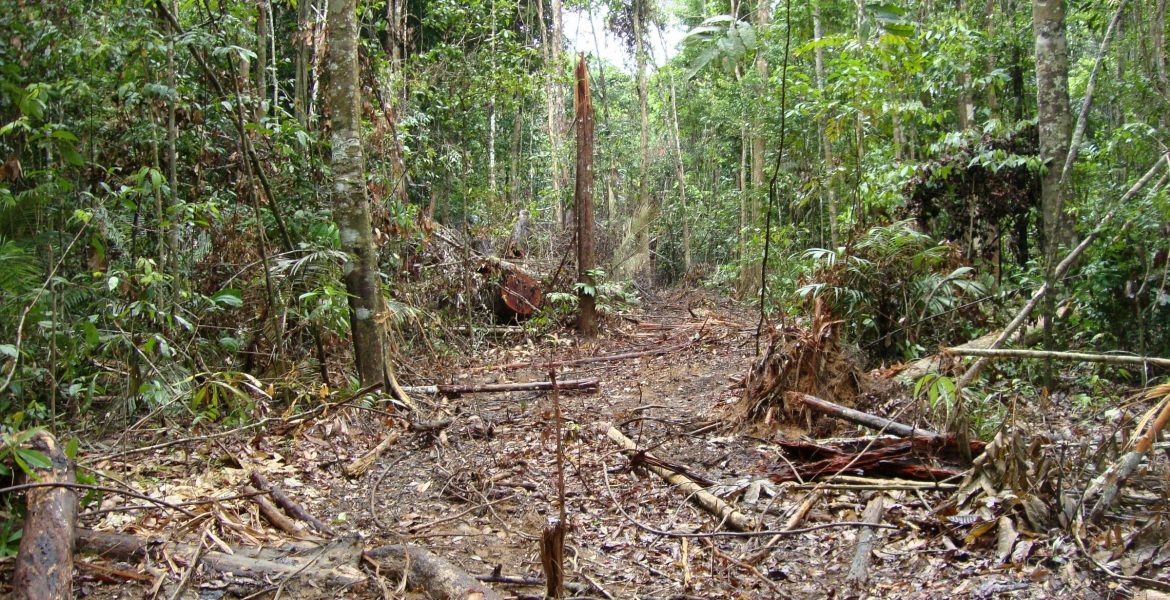A new report commissioned by the French government on the EU-Mercosur trade agreement, to be presented to French Prime Minister today shows that solely the expansion of beef production in the Mercosur region as a result of the deal would accelerate deforestation by at least 25% annually and destroy 36,000 km2 of forest per year, which equals nearly the size of the Netherlands
This figure does not even include the additional areas of crops needed to feed livestock or the expansion of sugar cane.
The report concludes that taking deforestation into account, the climate costs would outweigh the economic benefits: “the economic balance, once the potential climate damage is deducted, would be negative” .
It is also stated that the agreement will have a minimal impact on the real income of European citizens, implying that the deal would mainly benefit a few corporations, while environment and climate impacts would be borne by the general public.

“The EU-Mercosur agreement is incompatible with Europe’s Green Deal and the Paris Agreement. EU leaders should put the deal on ice and renegotiate it on the basis of a mandate that reflects the climate emergency as well as the need to save the Amazon rainforest and its peoples,” reacted Trade and Climate Project Manager at Climate Action Network (CAN) Europe, Cornelia Maarfield.
A briefing by Climate Action Network (CAN) Europe shows how Europe is already complicit in the destruction of the Amazon rainforest. Amazon deforestation has soared by 34% in the past 12 months].
The fires are intentionally started to clear land for the expansion of agriculture. Currently, about a fifth of beef and soy exports from Brazil to the EU are directly contributing to deforestation.
The EU-Mercosur trade agreement would increase the trade in commodities that are driving deforestation, including beef and soy. The deal thus risks aggravating the Amazon fires and the impact of European consumption behavior on deforestation.
Maarfield added: “While the Commission has tabled a significant increase of the EU’s 2030 climate target to 55% cuts, now is the time to align all EU policies including trade with the new goal. We cannot be in a situation where we reduce emissions at home and conclude trade agreements that increase emissions abroad and thus further worsen the biodiversity and climate crises.”




